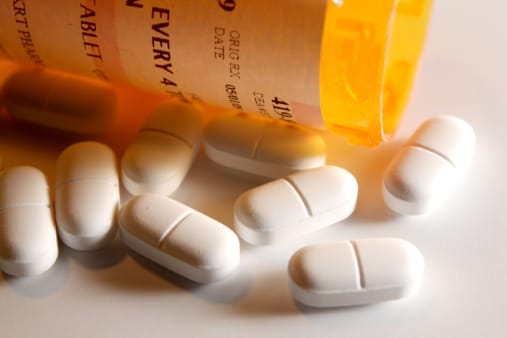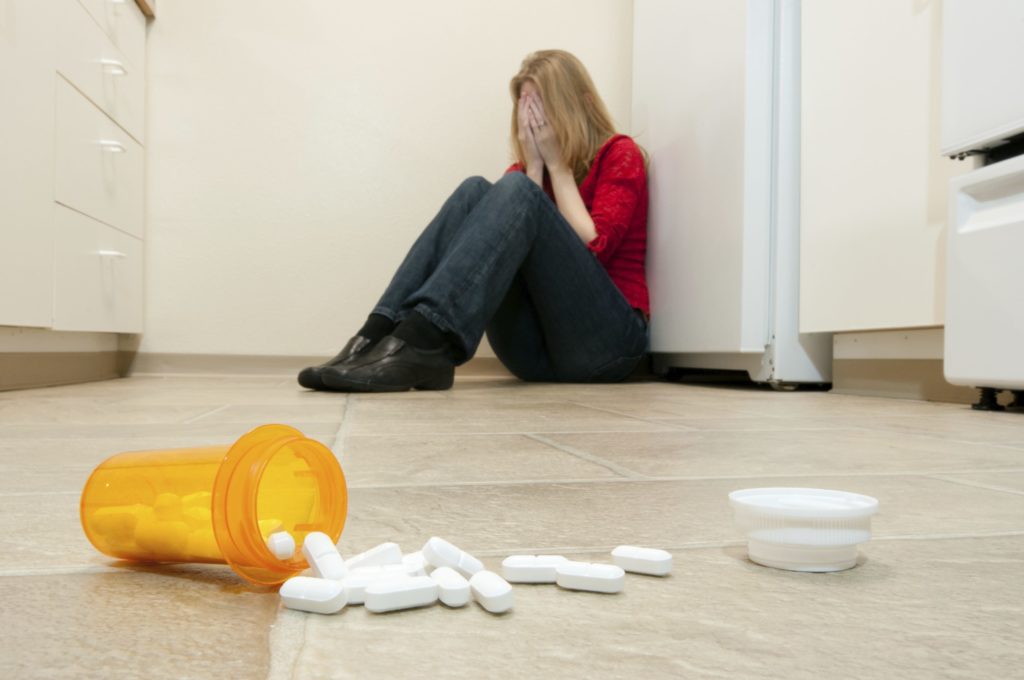Struggling with prescription drug addiction can feel isolating, but you’re not alone. Dependency can develop quickly with medications prescribed for seizure disorders, chronic insomnia, or severe anxiety. The chemical makeup of these drugs often makes them hard to quit.
If you’d like to learn more about how certain medications can become problematic or if you’re ready to seek help, we’re here for you. The Right Step offers comprehensive substance abuse treatment programs designed to support your journey to recovery. Reach out to us today—we’re just a call away at 17135283709. Our compassionate team is ready to help, and if we’re not the right fit, we’ll help you find the support you need at other locations of Promises Behavioral Health. You don’t have to face this alone.
What Are Depressants?
Prescription medications that can lead to problems—especially if taken without the guidance of a healthcare professional—are typically either stimulants or depressants. Examples of stimulants include medications prescribed for attention-deficit/hyperactivity disorder (ADHD), while depressants are those intended to treat anxiety or sleep disorders. Depressants work by slowing down the body’s functions and creating a calming effect on the brain.
Most depressant drugs directly affect the central nervous system (CNS) to slow down brain activity. They boost the effects of gamma-aminobutyric acid (GABA), a natural chemical that helps your brain relax and wind down—important for things like sleep and calming the mind. But when GABA becomes too active, it can lead to serious issues, like dangerously slow heart rate and breathing.
Examples of Depressants
Here are a few examples of depressant drugs you might have heard of:
- Alcohol – Because it’s legal and familiar, it’s easy to forget that alcohol is a powerful depressant. It can cause serious harm, including alcohol poisoning and death, especially when combined with other depressants like benzos.
- Barbiturates – Doctors prescribe these sedative drugs less commonly today but still use them for anesthesia, epilepsy, and severe insomnia. They’re highly addictive, so doctors use them cautiously. Examples include phenobarbital, secobarbital, pentobarbital, and sodium pentothal.
- Benzodiazepines (benzos) – Often prescribed for seizures, insomnia, panic attacks, and severe anxiety, these medications can be highly addictive and lead to tolerance, requiring higher doses over time. Common benzos include diazepam (Valium®), lorazepam (Ativan®), clonazepam (Klonopin®), and flunitrazepam (Rohypnol® or “roofies”), which is illegal in the U.S. but still found on the black market.
- Prescription sleep medication – Drugs like zolpidem (Ambien®), eszopiclone (Lunesta®), and zaleplon (Sonata®) can treat short-term insomnia but carry a risk of abuse similar to benzos.
Many of these substances can be helpful when used correctly, but it’s important to understand their risks and use them responsibly.
Signs of Depressant Drug Addiction
Signs of depressant addiction can look different for everyone, but there are some common things to keep an eye out for:
- Taking depressants that weren’t prescribed for you
- Using them to feel high or experience euphoria
- Increasing your dose without talking to your doctor
- Mixing multiple depressants or combining them with other substances to adjust or manage side effects
- Losing interest or not feeling motivated by things that used to bring you joy
- Pulling away from loved ones or struggling to maintain close relationships
- Facing financial issues because of the need to get more of the drug
- Engaging in risky or illegal behavior, like driving under the influence (DUI)
If any of this feels familiar, know that you’re not alone. Reaching out for professional help is a decisive step toward overcoming addiction and building a life of long-term sobriety.
Connect with The Right Step and Get Professional Support to Overcome Addiction
Struggling with depressant drug addiction? Help is here for you. A healthier and brighter future is absolutely within reach with monitored detox, personalized therapy, a supportive community, and your commitment to healing. We’re here to support you every step of the way—reach out to The Right Step online or call 17135283709 today. You don’t have to do it alone.






